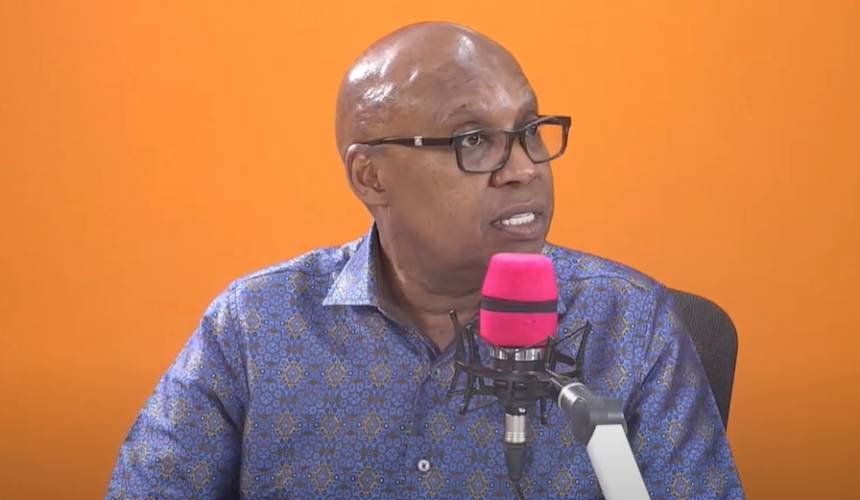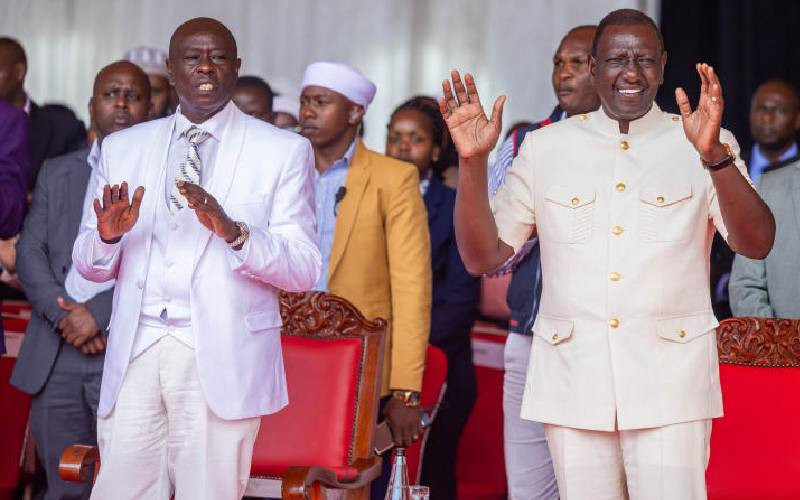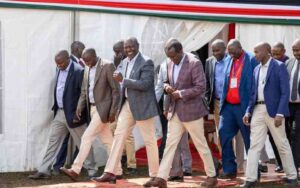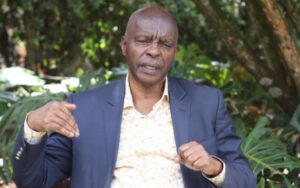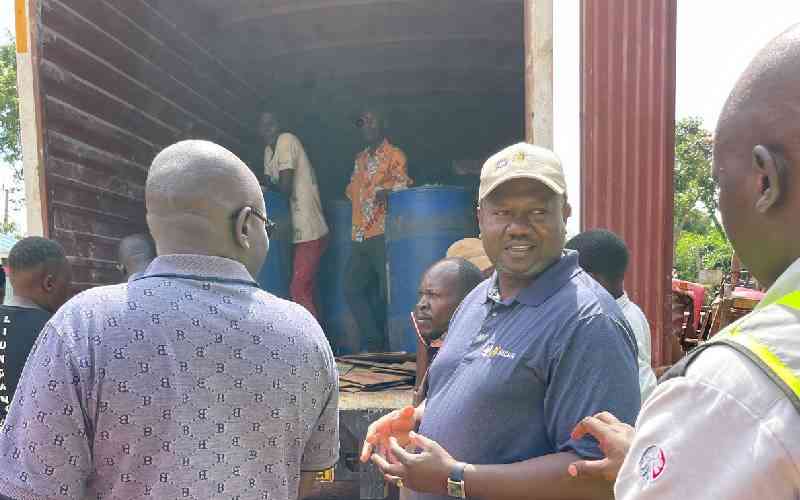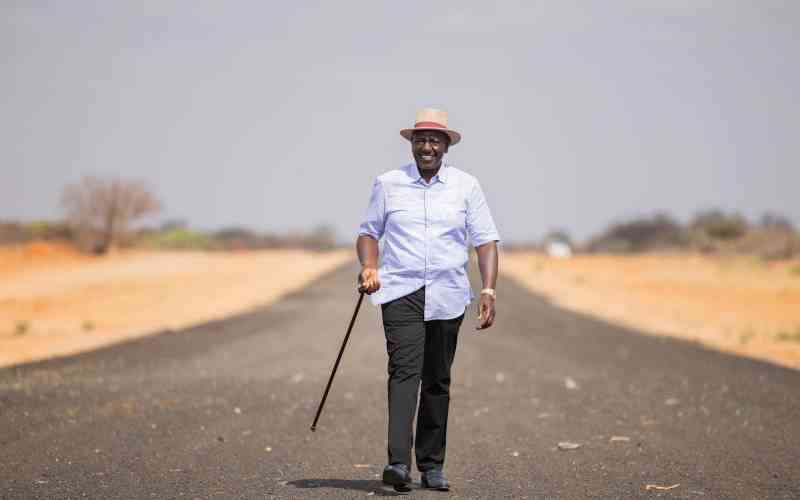Businessman and politician Jimi Wanjigi has sharply criticised the new agreement signed by President William Ruto during his recent state visit to China, which paves the way for the extension of the Standard Gauge Railway (SGR) from Naivasha to Kisumu and Malaba.
The deal also includes the construction of a new Kisumu Port, with the combined projects expected to cost Sh17.8 billion.
Speaking on Spice FM on Monday, Wanjigi questioned the economic viability of the project, arguing that Kenya is still burdened by debts from the earlier phases of the SGR.
“We are extending it to where? Do we have goods to transport on the SGR? How many people are using that railway? I believe as a country we have other pressing priorities,” Wanjigi said.
He pointed out that Kenya continues to grapple with loans from China’s Exim Bank, which funded the construction of the Mombasa-Naivasha section of the railway.
According to Wanjigi, the project was initially budgeted at Sh55 billion but ballooned to a cost of Sh1.1 trillion.
“Kenya Railways was meant to be a shareholder by providing land, while the government and private investors would partner to build the railway and procure wagons,” he explained.
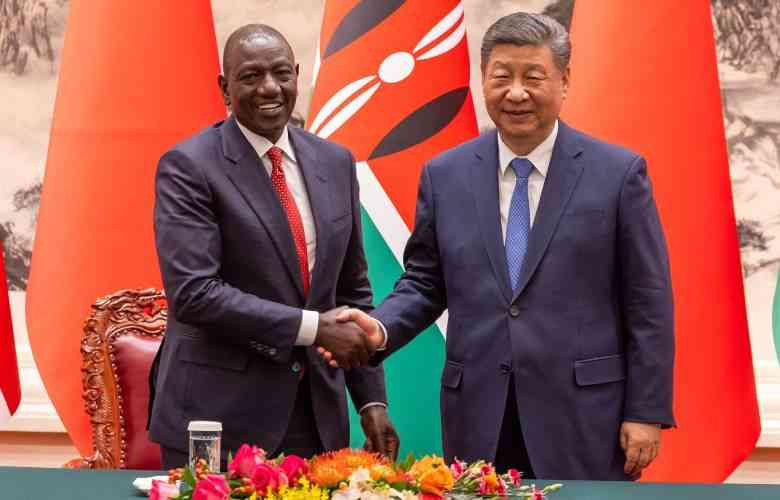
The newly announced extension, known as Phase 2B of the SGR, will stretch 262.3 kilometers, with an additional 8.9-kilometer branch line leading to the proposed Kisumu Port.
The contract includes civil works and the procurement of 35 locomotives, 724 wagons, and 64 passenger coaches.
Wanjigi further alleged that government officials later altered the original project plan, splitting it into two phases. The first phase involved constructing the railway from Nairobi to Naivasha at a staggering cost of Sh500 billion.
“The Chinese agreed to finance 90 percent of the project, amounting to Sh450 billion, while Kenya was to contribute the remaining Sh50 billion,” he said.
According to Wanjigi, what was once envisioned as a Sh55 billion private-sector-driven project ultimately saw Kenyan taxpayers saddled with a bill of Sh1.1 trillion.
“We contributed more than we should have. We could have built the railway ourselves,” he lamented








